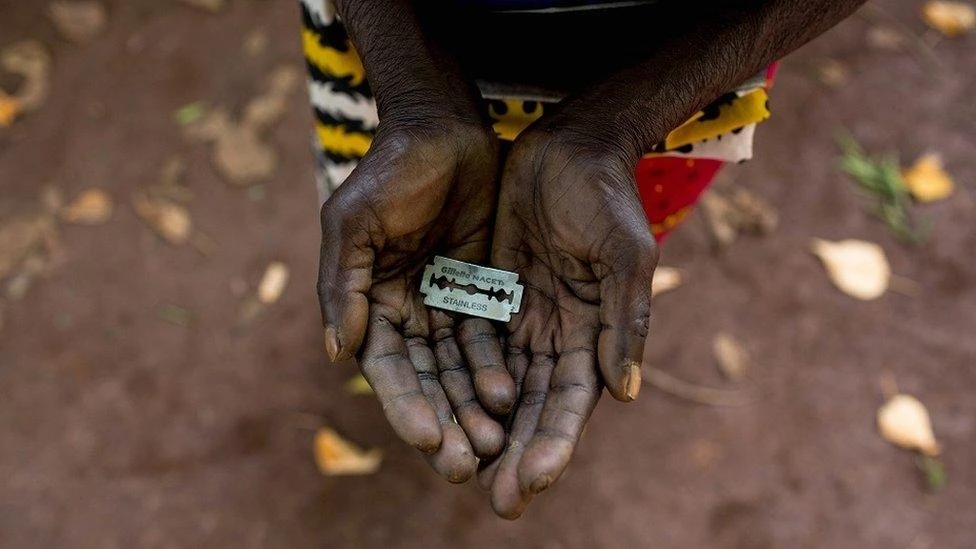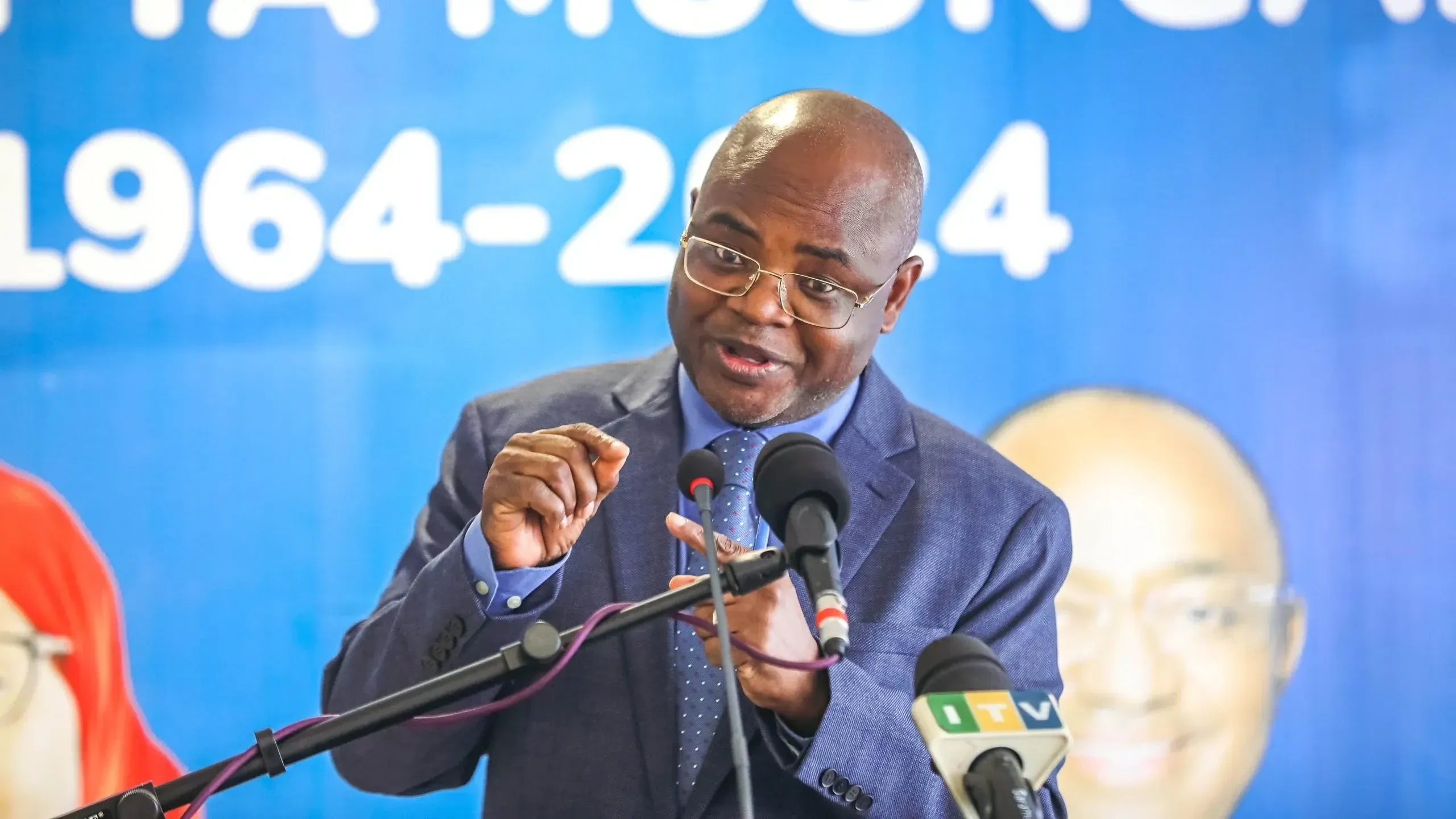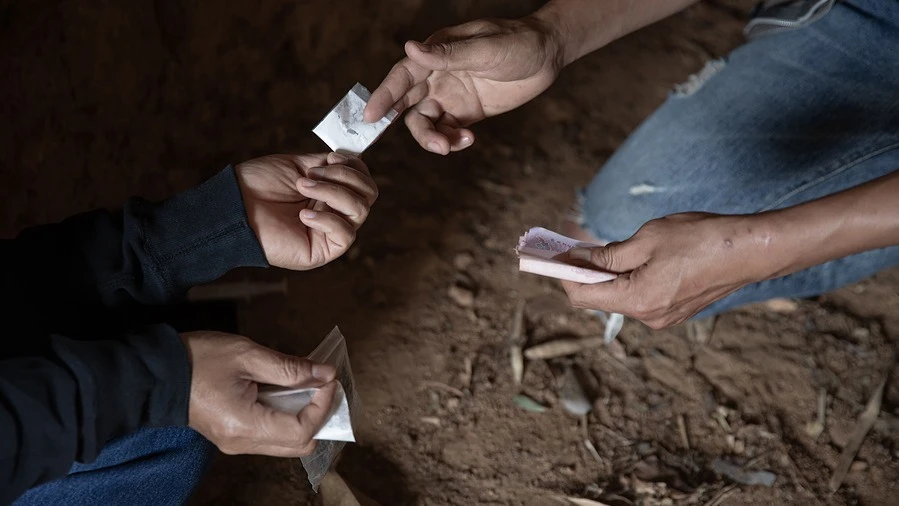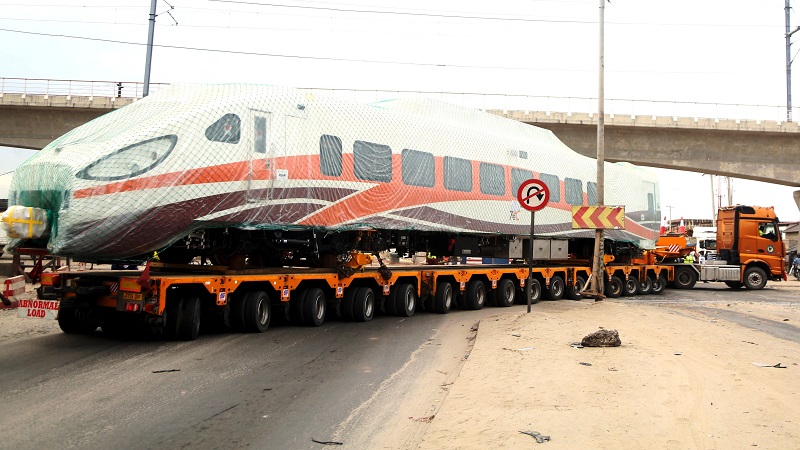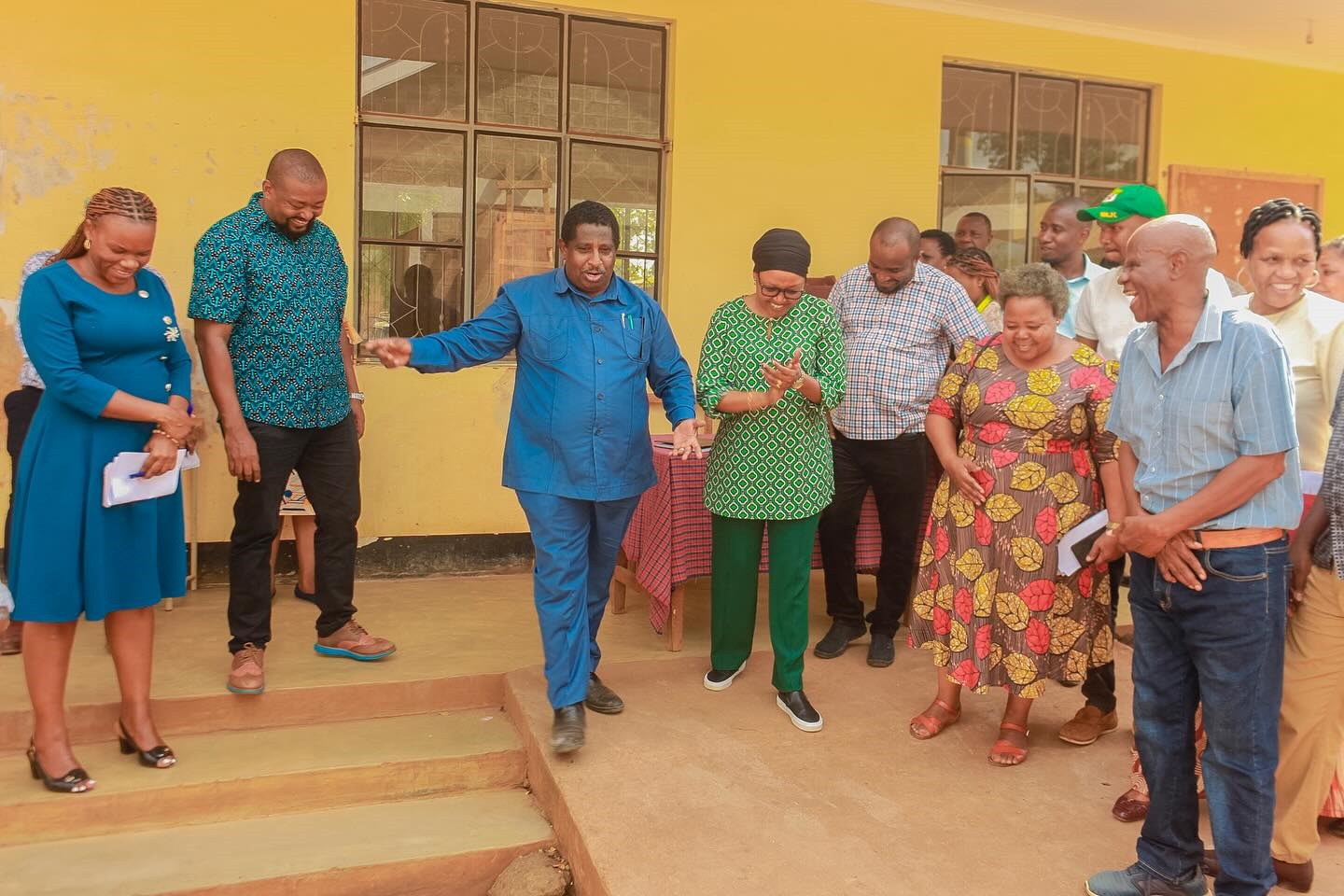AU recognises female innovators using technology to transform the education sector in Africa

THE AU Continental Education Strategy for Africa (CESA) recognises information, communication and technology (ICT) as a major tool for empowering graduates and ensuring they contribute to social economic development by ensuring they not only have universal access but also ensuring they enhance the quality of provision and delivery, of services. ICT opens up possibilities for innovation, entrepreneurship and employability; flexibility in pedagogies; beating the limitation of time and space for varied learner needs; and enhancing confidence and dignity of graduates at all levels.
From the two editions of the Innovating Education Expo in Africa held in 2018 and 2019, five girls and young women in Africa have been awarded for their efforts towards achieving ‘Aspiration 6’ of Agenda 2063 which calls for a continent whose development is people-driven, relying on the potential of African people, especially its women and youth, and caring for children.
The 2019 Expo held in August, identified two top winners from the eleven innovators awarded. This is a demonstration that empowering girls and young women, through Science, Technology, Engineering and Mathematics (STEM), can play a key role in bringing solutions to daily challenges in the societies and give young women the possibility of becoming the drivers leading change in their communities.
The strides by the young women contributes towards the work of the African Union International Centre for Girls’ and Women’s Education in Africa (AU/CIEFFA) whose mission is to empower girls and women through education, in line with the strategic objective 6 of the Continental Education Strategy for Africa (CESA 16-25) which aims to “accelerate processes leading to gender parity and equity”.
Through the 2019 Innovation Education Expo, AU/CIEFFA shed light on the work of these talented young women, the impact on their communities and how STEM significantly transformed them. The Centre had the opportunity to closely follow five of the innovators (from Cameroon, Ghana, Kenya, Rwanda, South Africa) who attended the Expo and showcased what they have been doing in their respective countries.
Susannah Farr: Making education a co-creative journey
Susannah Farr, CEO of the Gold Youth Development Agency (GYDA) in South Africa, was the top innovator at the Expo. Her organisation is committed to serving young people at grassroots through a replicable scalable peer-education model that considers every young person on the continent as a future nation builder. The GYDA is harnessing the positive influence young people have over their peers to drive sustainable outcomes in the area of education and behavioural change. The organisation is addressing education outcomes in challenging circumstances and looking at solutions to create jobs in areas where there are no jobs. Their evidence-based youth peer education model has been used to reach over 55 000 young people in 123 communities across 4 countries.
Anne Nyaboke Wakesho: Enhancing access to literacy through Digital Apps
Anne, representing eLimu Kenya, a leading digital educational content provider in East Africa, won the second prize at the Innovating Education Expo 2019. Her company created Hadithi Hadithi, a literacy app targeting young people out-of-school and early childhood kids in communities and refugee camps. Available in English, Swahili and Somali, Hadithi Hadithi provides an education content reflecting Africa’s local reality through stories written and illustrated by Kenyan teachers and artists across East Africa. It also encompasses letter tracing, spelling and sentence making exercises. All these form a pedagogy known as “Reading to Learn” which aims at improving progress in reading and writing four times faster than traditional methods.
Amina Umuhoza: Empowering girls through e-counselling
Amina, a young Rwandan woman, stands up for women’s empowerment in her country. Through the initiative Dukataze, an online platform aimed at equipping girls with the right skills, as well as to mentally, socially and economically empower them to reduce unwanted pregnancies. Some of the services of Dukataze include career guidance, counselling on sexual reproductive health, and start-up tutorials where young women access guidance on how to start up their businesses. Dukataze currently includes an e-commerce component where different products made by girls and young women can be sold.
Angèle Messa: Designing alternative methods to increase access to education
From Cameroon, Angèle was among the top innovators at the first edition of the Innovating Education Expo 2018 in Dakar, Senegal. She developed, Educlik, a platform designed to promote alternative teaching methods for children who cannot access the formal education system. Through online and offline technologies (internet, USSD, SMS), education content is designed and transmitted to vulnerable and marginalized categories including young people and children in refugee camps, orphanages as well as people living with disabilities. The Innovating Education Prize in 2018 helped Educlik completely digitise their services and design more education content. In order to enhance girls’ and young women’s access to their content, the subscription is free. As of August 2019, more than 3,000 young people had benefited from the services of Educlick.
Anita Antwiwaa: Breaking down space science for young people
Ghanaian Dr. Anita Antwiwaa is a certified Engineer with a PhD in Electronics and Communications Engineering. She is the head of operations for All Nations University Space Systems Technology Laboratory (SSTL), which successfully launched the historic GhanaSat-1, developed by young Ghanaian Engineers from the University in 2017 to take photographs of the Earth and to monitor Ghana's coastal areas. One of her current projects is teaching Space Technology to the Youth using CanSat in order to boost their interest in choosing a career in that area as well as teaching young women in the field of technical and vocational studies, entrepreneurship; as well as using ICT to stand out in branding and marketing their innovative products. Her ambition is also to establish an electronics institution which will train young women in the area of electronic circuits design and assembling as well as give informal training in the area of electronics and electrical devices troubleshooting and servicing to young women who dropped out of school but still want to pursue a career in STEM.
Top Headlines
© 2025 IPPMEDIA.COM. ALL RIGHTS RESERVED













